The specter of sexual violence continues to haunt India. A year and a half after the gang rape and murder of a student aboard a New Delhi bus sparked nationwide street protests, once again the nation is confronting a similar act of evil.
Last Wednesday, two sisters were found hanging from a mango tree after they had been gang-raped and strangled in a field near their home in rural Uttar Pradesh. The girls, apparently aged 14 and 15, had been looking for somewhere to relieve themselves as there was no toilet at home — a predicament they shared with nearly half of India’s 1.2 billion population.
Hundreds of angry villagers stayed next to the tree throughout the evening, silently protesting the lackluster police response. Officials, who allegedly shrugged off initial reports of the teenagers’ disappearance, have now detained five people in connection with the attack, including two policemen.
Nevertheless, protests continued outside the office of the state’s chief minister, Akhilesh Yadav, on Monday, only to be dispersed with water cannons. Demonstrators claim that the girls were targeted as they were dalits — or “untouchables,” India’s lowest caste — and that their status also lay behind the muted police response.
Whether caste was a contributing factor has yet to be determined. What is undeniable, however, is that India is in the throes of a seeming rape epidemic, with almost daily reported occurrences of assaults against women, girls and even babies. In the countryside, village elders have been known to mete out rape as punishment for females they deem to be going against their traditions.
Amid the most recent uproar in Uttar Pradesh, a 22-year-old was found gang-raped and murdered in the Baheri area. She had been forced to drink acid before being strangled, a post-mortem revealed. And on Saturday, a youth allegedly attempted to rape a female priest inside one of the state’s temples.
New Indian Prime Minsiter Narendra Modi was taciturn about sexual violence during his recent triumphant election campaign. That certainly cannot remain the case much longer.—Charlie Campbell
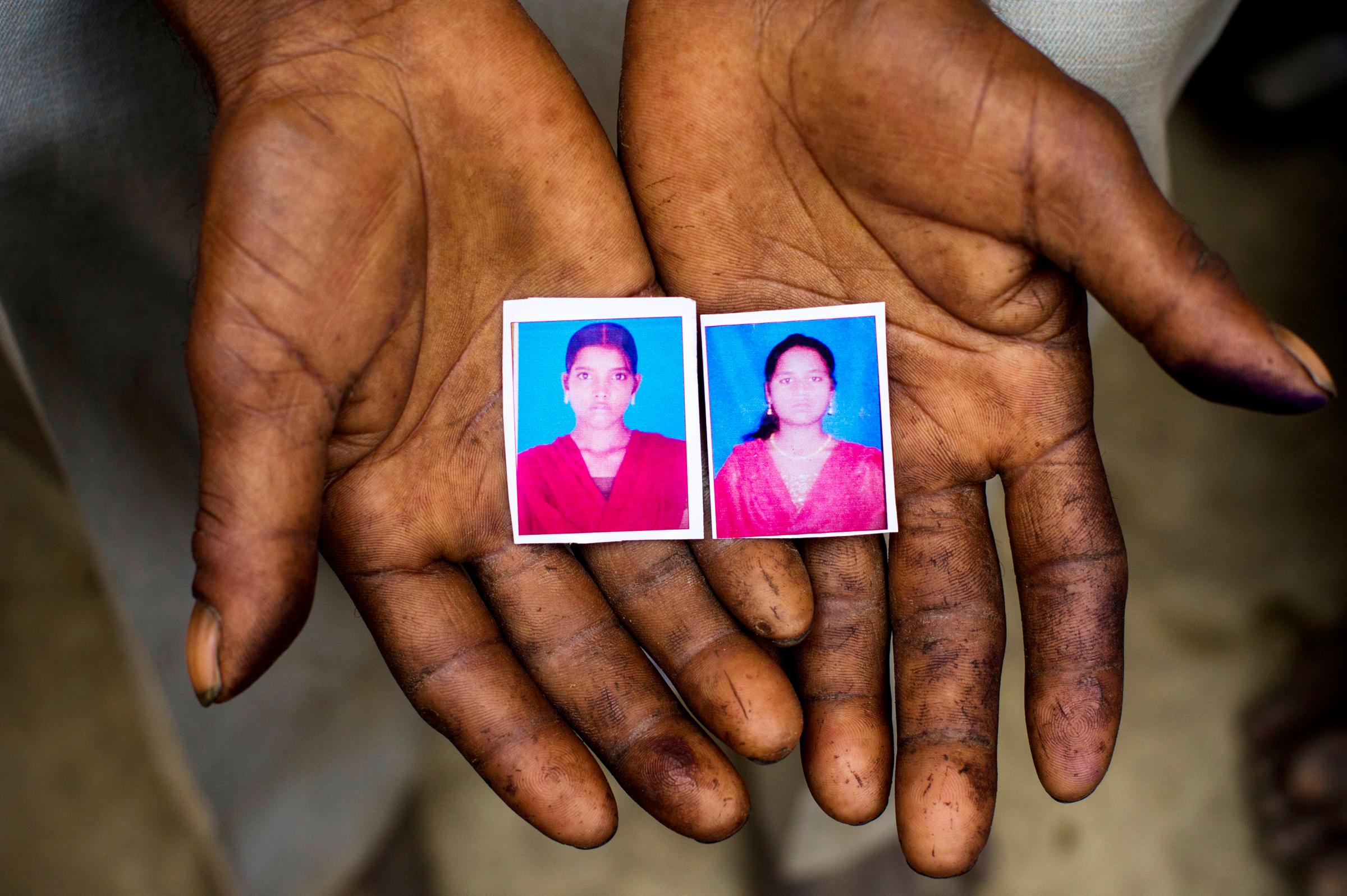
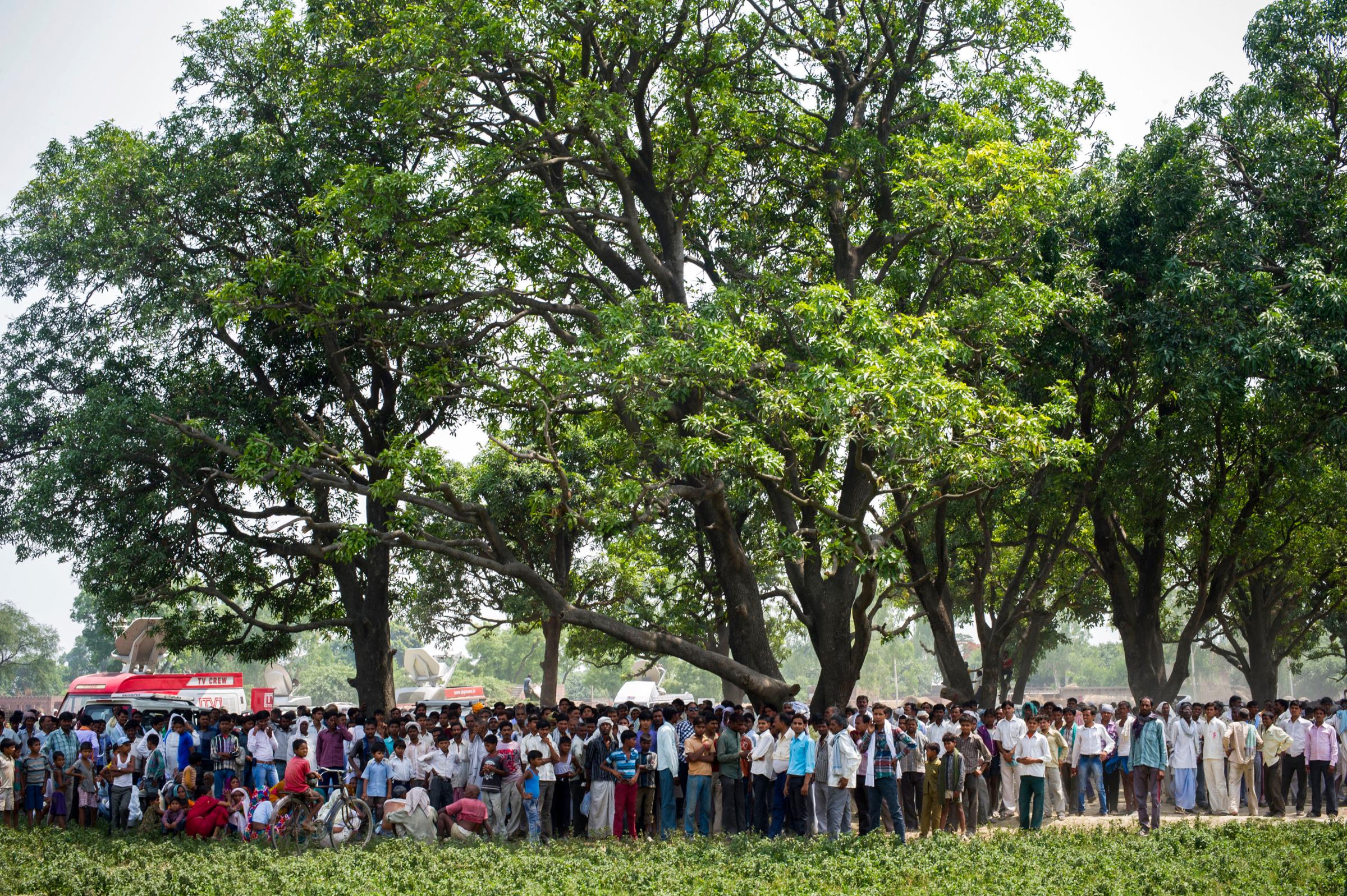
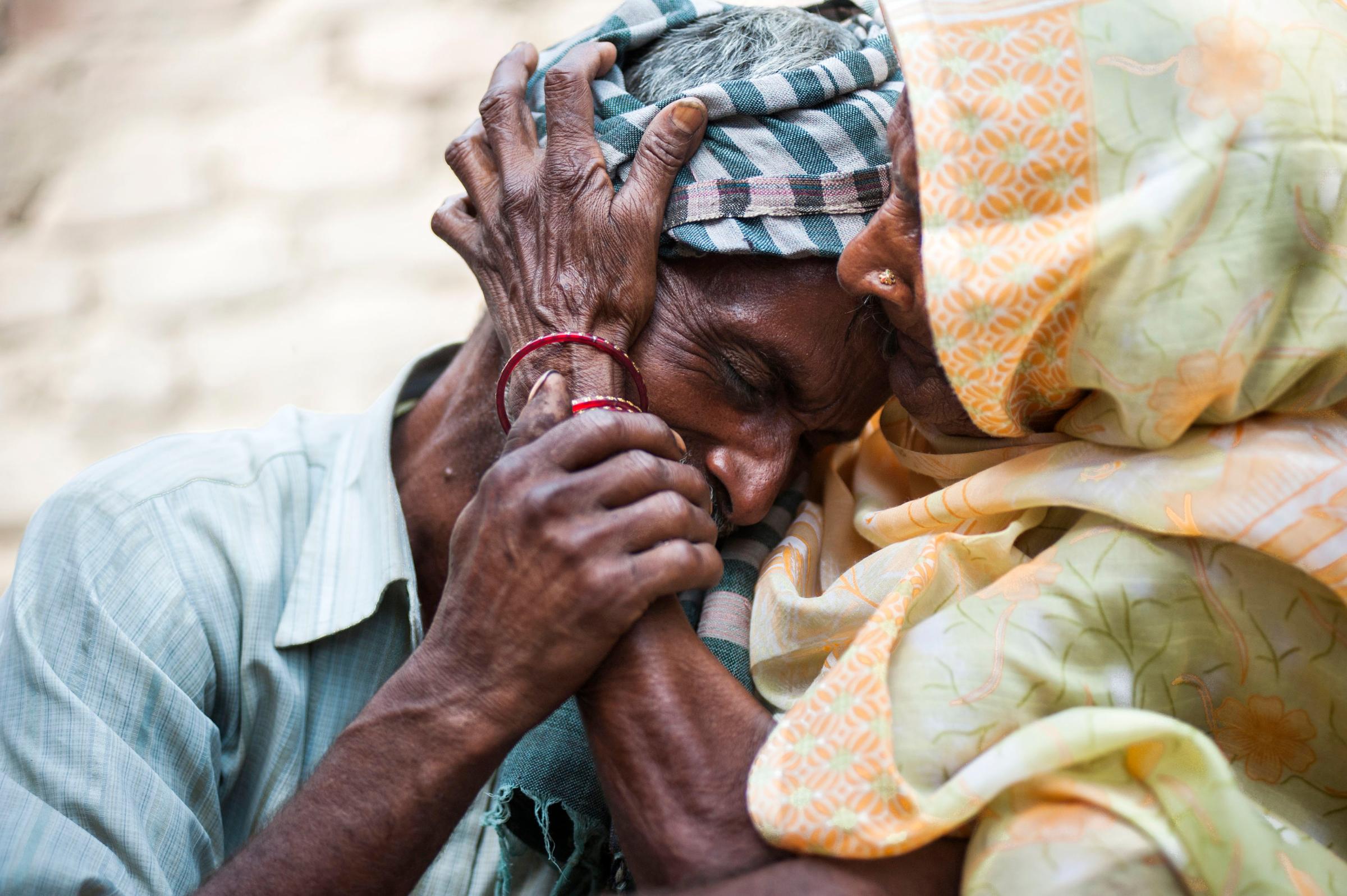
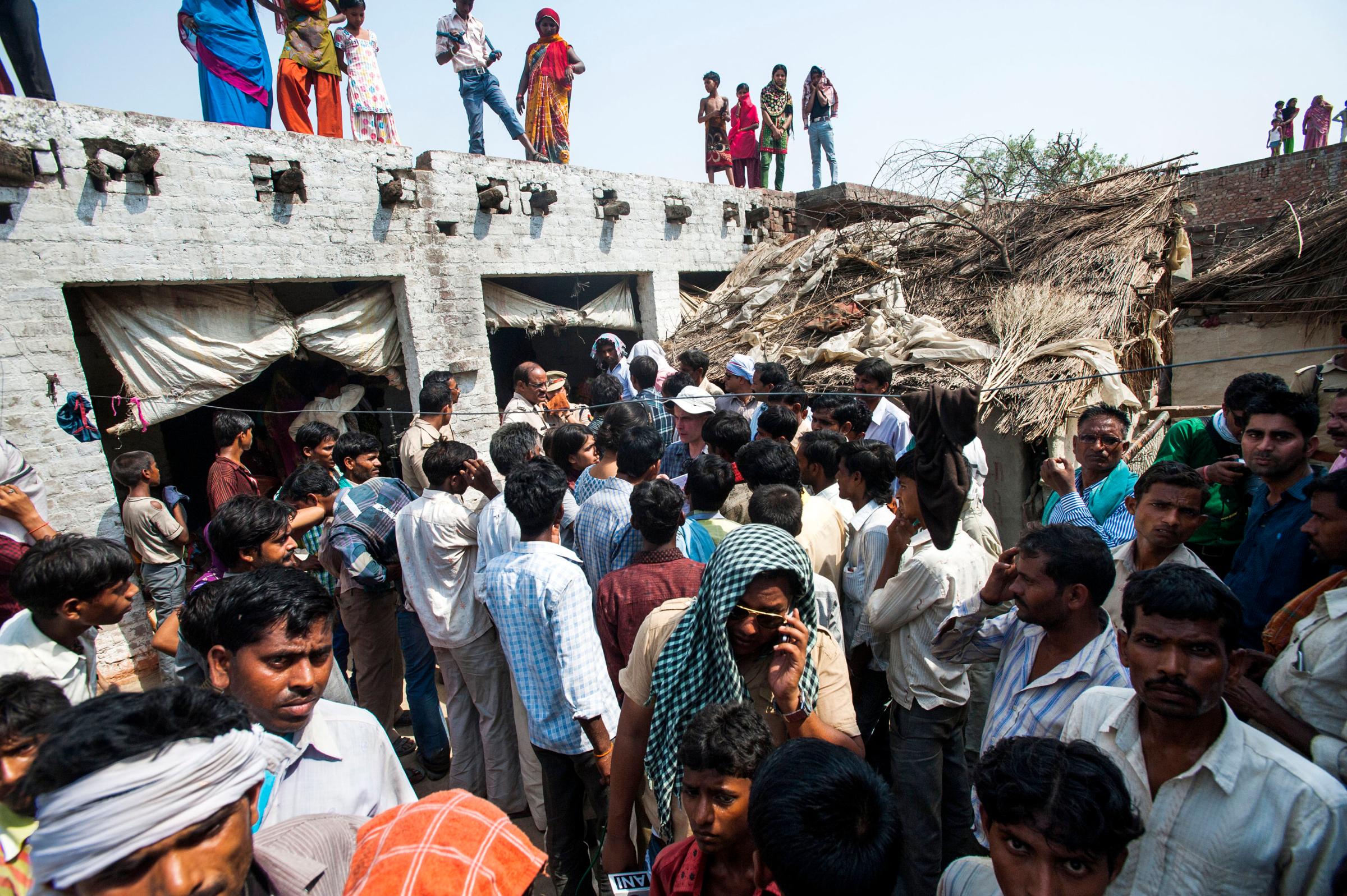
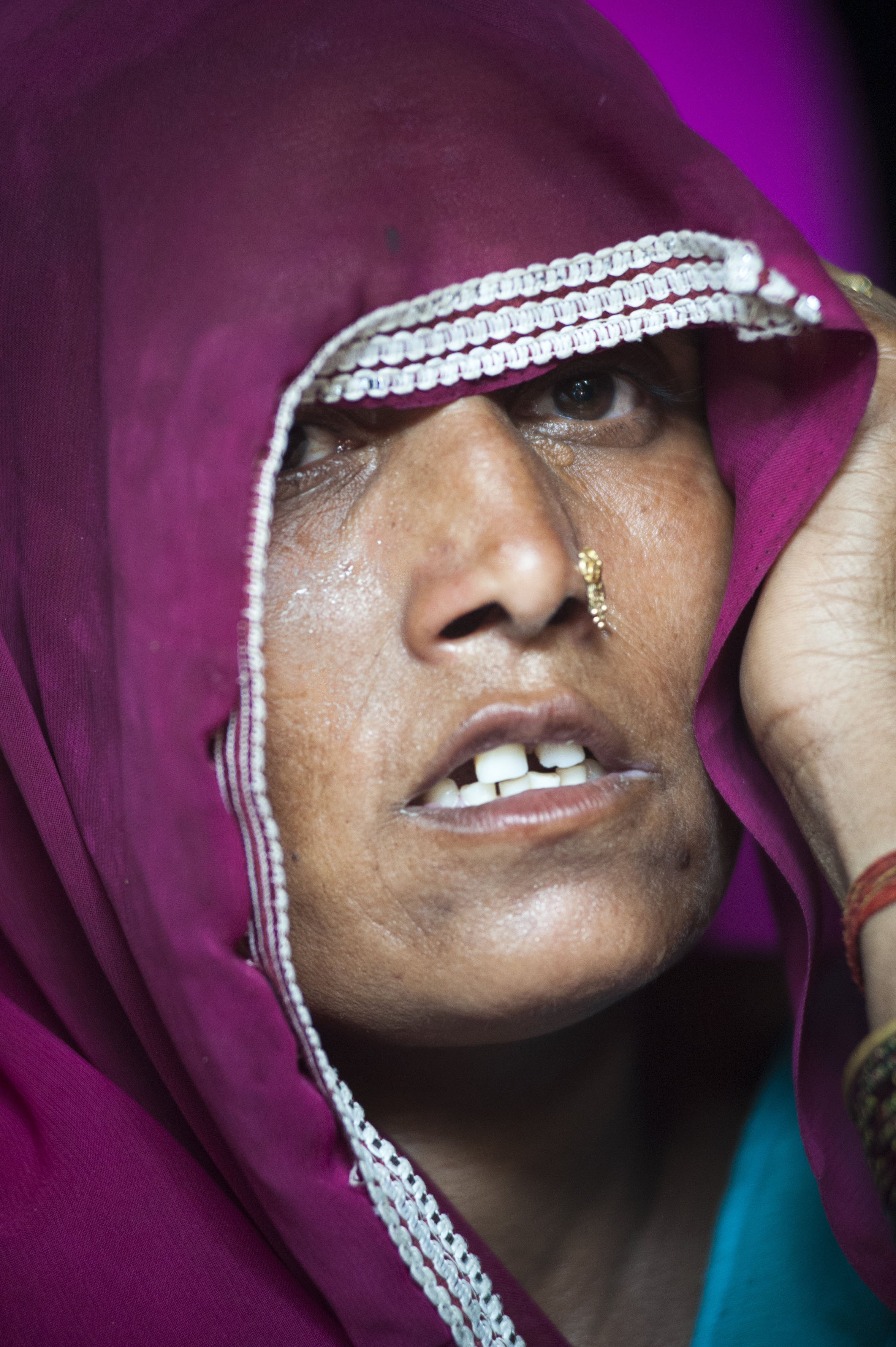
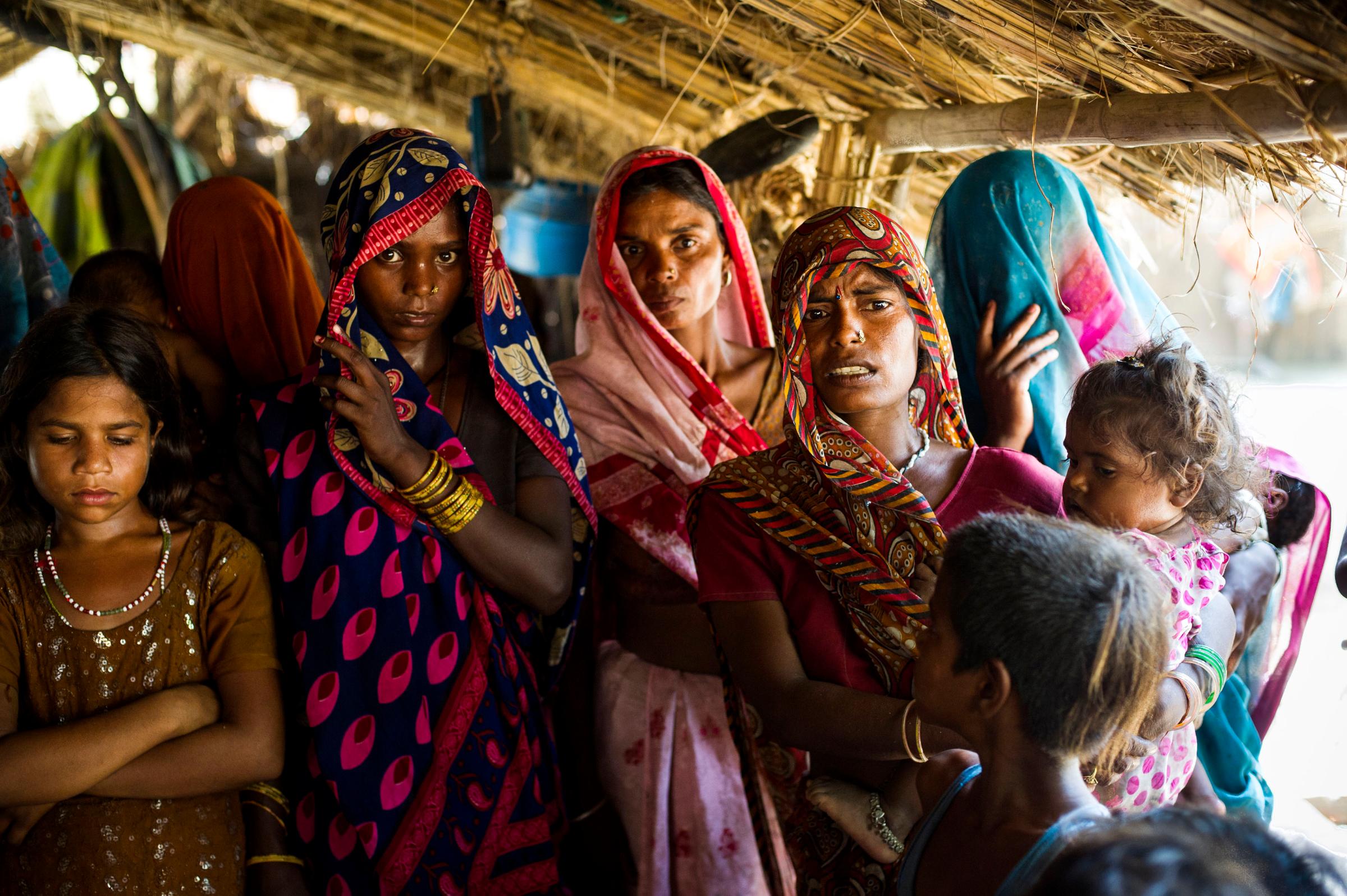
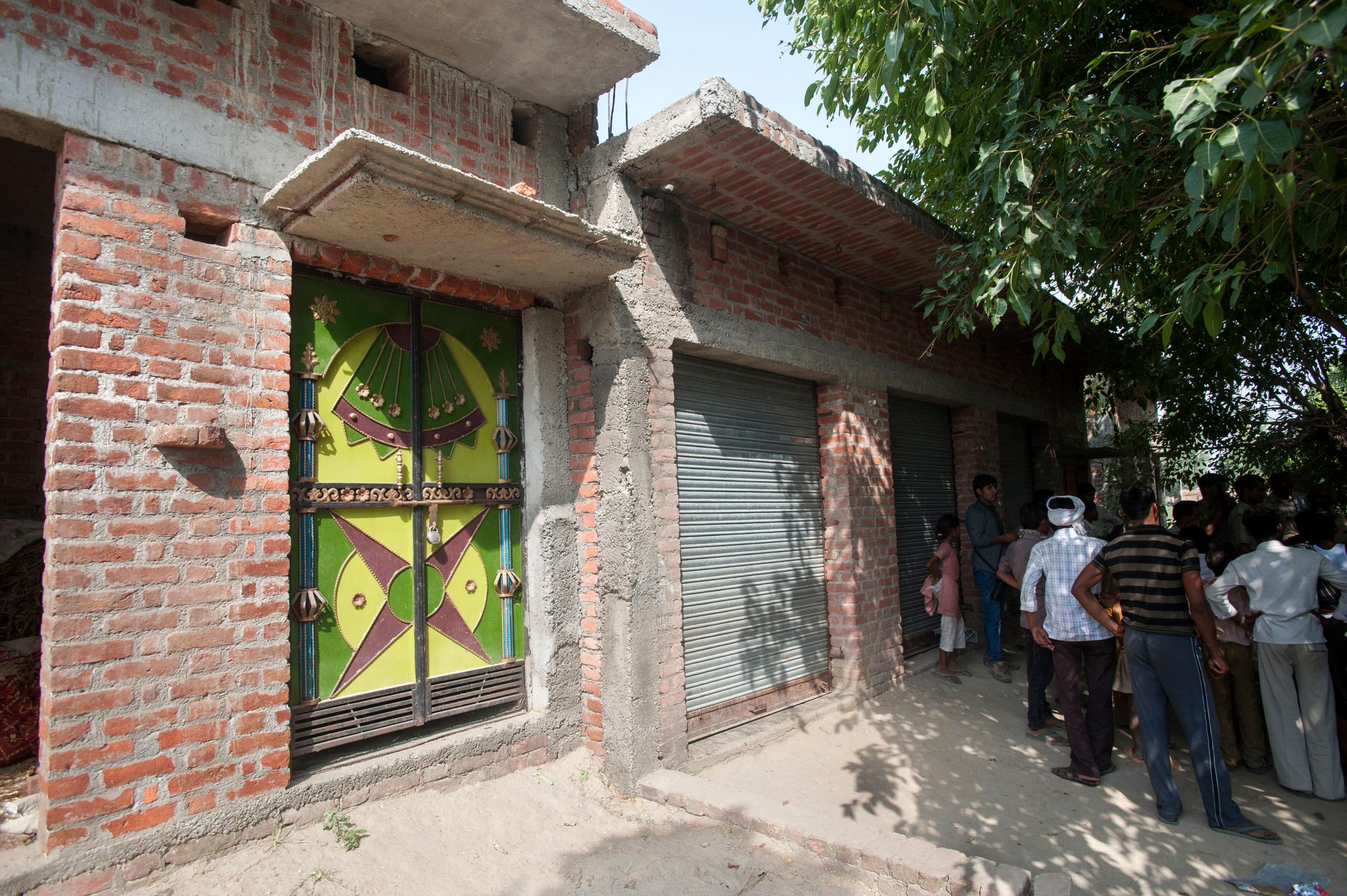
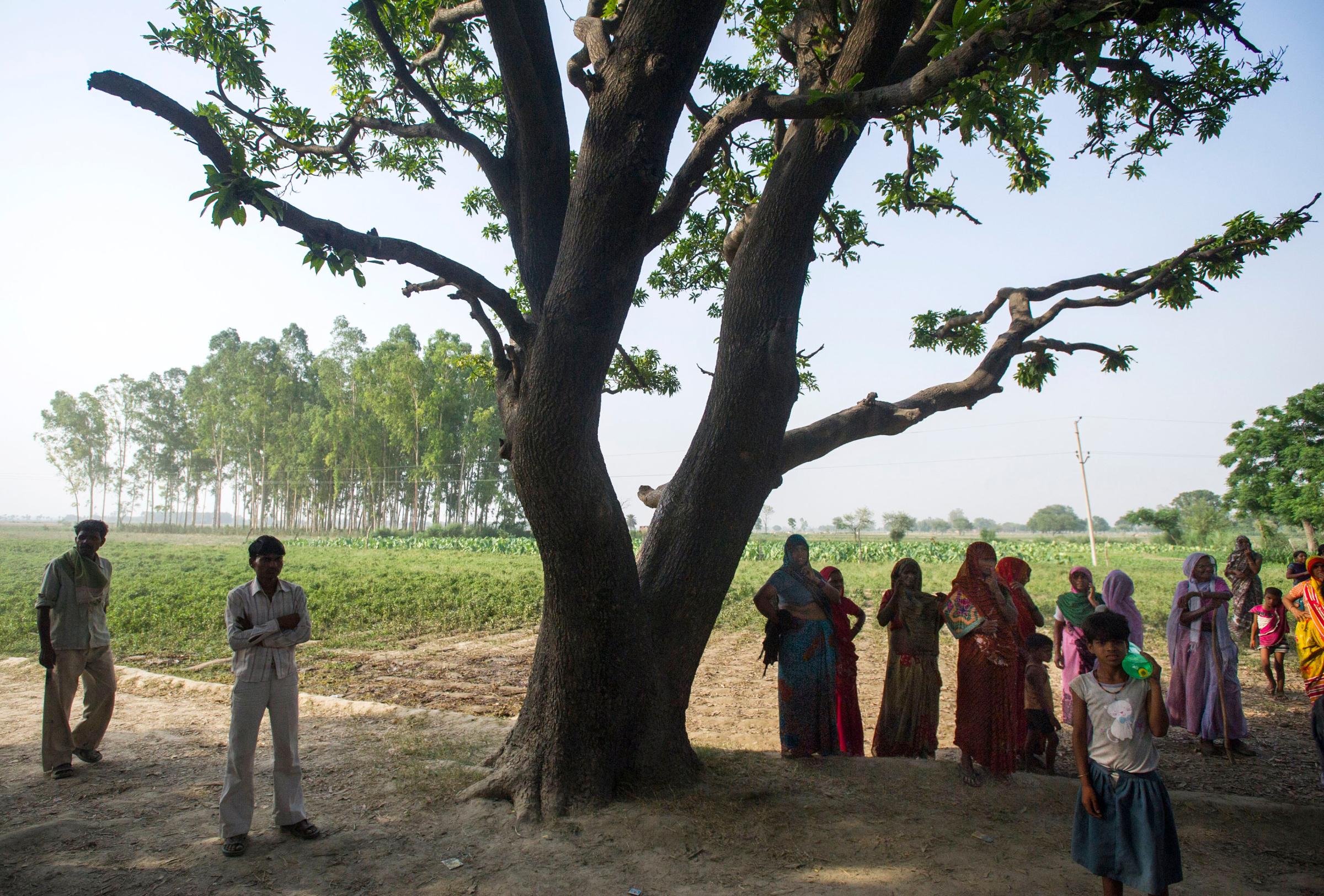
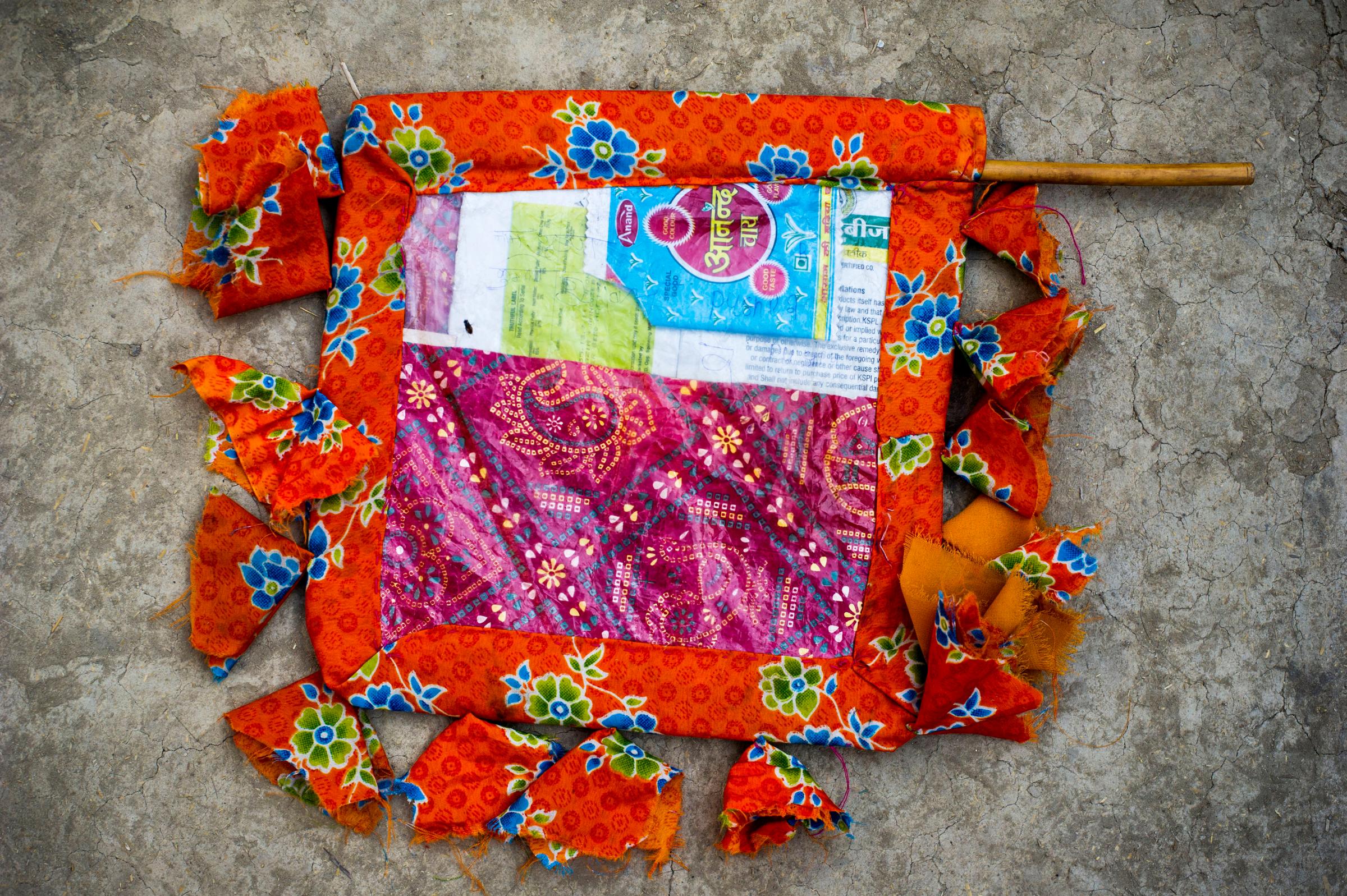
More Must-Reads from TIME
- Inside Elon Musk’s War on Washington
- Meet the 2025 Women of the Year
- The Harsh Truth About Disability Inclusion
- Why Do More Young Adults Have Cancer?
- Colman Domingo Leads With Radical Love
- How to Get Better at Doing Things Alone
- Cecily Strong on Goober the Clown
- Column: The Rise of America’s Broligarchy
Contact us at letters@time.com